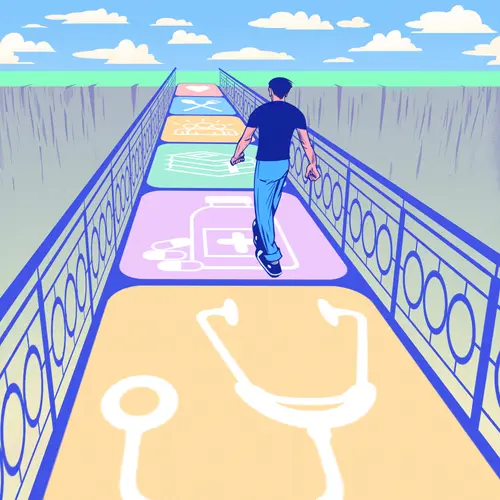What Are The Symptoms of a Heart Attack?
They can include:
- Chest pain. You may feel uncomfortable pressure, fullness, squeezing, or pain in the center or left side of your chest. It can range from mild to severe, and the feeling may come and go.
- Discomfort in other parts of your body, such as the neck, arms, jaw, or back or a burning sensation in the stomach.
- Shortness of breath.
- Lightheadedness.
- Nausea, vomitting.
- Breaking out in a cold sweat.
Women are more likely to have these heart attack symptoms:
- Unusual fatigue
- Shortness of breath
- Nausea or vomiting
- Dizziness or lightheadedness
- Discomfort in your gut. It may feel like indigestion.
- Discomfort in the neck, shoulder, or upper back
Call 911 right away. Don’t wait to see if you feel better. It’s important to start treatment immediately.
If you can't call 911, have someone else drive you to the emergency room. Don’t drive yourself.
Until the ambulance comes:
- Stop all activity and try to remain calm.
- If your doctor has told you before to take an aspirin if you think you’re having a heart attack, do so. If not, ask the 911 operator.
- If you’re with someone who might be having a heart attack and becomes unconscious, start CPR. If you don’t know how, the 911 dispatcher can talk you through the steps until help arrives.
What Are the Symptoms of a Stroke?
They can include these sudden problems:
- Severe headache with no known cause
- Confusion -- trouble speaking or understanding
- Numbness or weakness of the face, arm, or leg, especially on one side of the body
- Trouble seeing in one or both eyes; double vision
- Trouble walking, dizziness, loss of balance, or coordination
Call 911 right away and get to an emergency room. Every second counts. The sooner treatment starts, the better.
What Is Angina?
Angina isn’t a condition or disease. It’s a symptom, and sometimes it can signal a heart attack. The sensations may occur with normal activities or exertion but then go away with rest or when you take nitroglycerin.
You may feel:
- Pressure, pain, squeezing, or a sense of fullness in the center of the chest
- Pain or discomfort in the shoulder, arm, back, neck, or jaw
Call 911 if it gets worse, lasts for more than 5 minutes, or doesn't improve after you've taken nitroglycerin. Doctors call that “unstable” angina,” and it’s an emergency that could be related to a heart attack that is about to happen.
If you instead have “stable” angina, which is the most common kind, your symptoms usually happen with predictable triggers (such as a strong emotion, physical activity, extreme hot and cold temperatures, or even a heavy meal). The symptoms go away if you rest or take nitroglycerin that your doctor has prescribed. If not, call 911.

